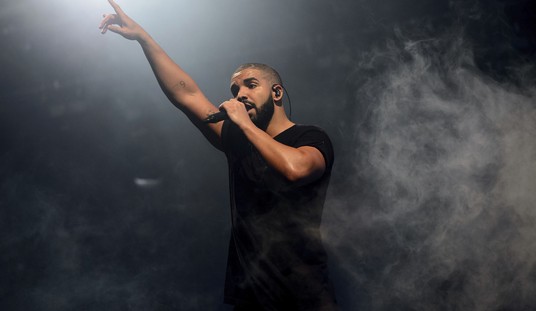And he got them from Susan Collins and Lisa Murkowski. Despite the bombshell from John Bolton, Mitch McConnell pledged not to budge from his position that the Senate should adopt the same rules package that got 100 votes in 1999 for Bill Clinton’s impeachment trial. Thanks to the simple majority requirement for setting the rules, Chuck Schumer and Nancy Pelosi can’t force him to do otherwise:
Senate Majority Leader Mitch McConnell (R-Ky.) has the votes to quash Senate Democratic Leader Charles Schumer’s (N.Y.) demands to require additional witnesses testify at the start of President Trump’s impeachment trial.
Two key moderate senators, Susan Collins (R-Maine) and Lisa Murkowski (R-Alaska), on Monday evening backed McConnell’s position that the Senate should follow the precedent of the 1999 Clinton impeachment trial and defer until later in the process the question of calling additional witnesses.
Collins told reporters at Monday evening votes that the Senate should follow the 1999 precedent and consider the question of subpoenaing additional witnesses and documents only after House impeachment managers and Trump’s defense team present their opening arguments.
Getting both Collins and Murkowski is some coup for McConnell, although maybe Murkowski’s the bigger surprise. Mitt Romney had already hinted that he’d just follow McConnell’s lead, but both Murkowski and Collins had made public remarks signaling at least some willingness to consider witness testimony in the trial. One has to wonder why they made this decision last night, rather than a couple of days after Bolton’s declaration of his willingness to testify. It’s not as if the trial will start on Thursday or Friday; why not let McConnell spend a day or two dialing down the heat first?
Probably for the same reason that Schumer and Pelosi haven’t actually addressed the substance of McConnell’s proposal. No one has yet offered an explanation of why the rules that governed Bill Clinton’s impeachment trial — adopted unanimously — cannot apply in this instance equally. Those rules don’t foreclose the calling of witnesses, but allow for the Senate to decide after the presentment of the articles by House managers whether or not they’re necessary. That worked out well in 1999, or at least worked out to be a reasonable process. Clinton got acquitted, so Democrats certainly seemed happy enough with them at the time.
Sauce for the gander means they should be happy with them now — unless this is a partisan exercise rather than a hygienic one. And to this point, not one Democrat has made a rational argument for why they’re insufficient, except insofar as the House impeachment is much more inadequate than Clinton’s. The articles are a melange of hearsay and speculation thanks to the hyperpartisan rush to get through a half-assed “investigation” rather than take the process seriously and solemnly.
Speaking of which, Pelosi’s game of hide-and-go-seek may have backfired with Murkowski, who derided the tactic:
The Alaska senator also said questions about whether former national security adviser John Bolton and other key witnesses should testify should be discussed only after Speaker Nancy Pelosi (D-Calif.) sends the articles of impeachment to the Senate.
“We don’t have anything to get to? So do you have any interesting news for me on that? Like when we might be able to get articles?” she said.
Ouch, baby, very ouch. Regarding Bolton, Murkowski went even further, fully backing McConnell’s position that his offer could only be considered once the Senate received the case. “I don’t think there is any decision on Bolton,” she said, “because we don’t have the articles.”
If Collins and Murkowski stick to those positions — and there doesn’t appear to be any reason for them to change their minds now — it’s game, set, and match for McConnell. Schumer and Pelosi will deride McConnell’s rules as hopelessly partisan, all while still avoiding the big question their tactics raise: why should Bill Clinton have gotten different rules than Donald Trump?








Join the conversation as a VIP Member